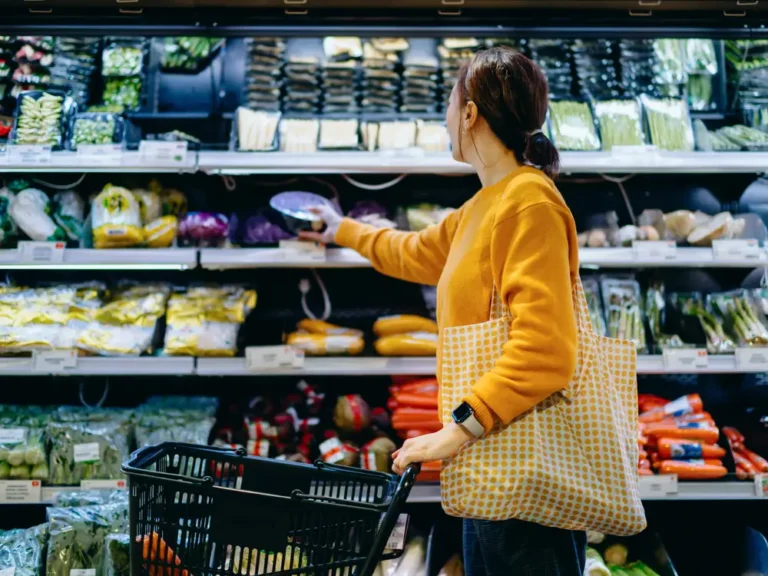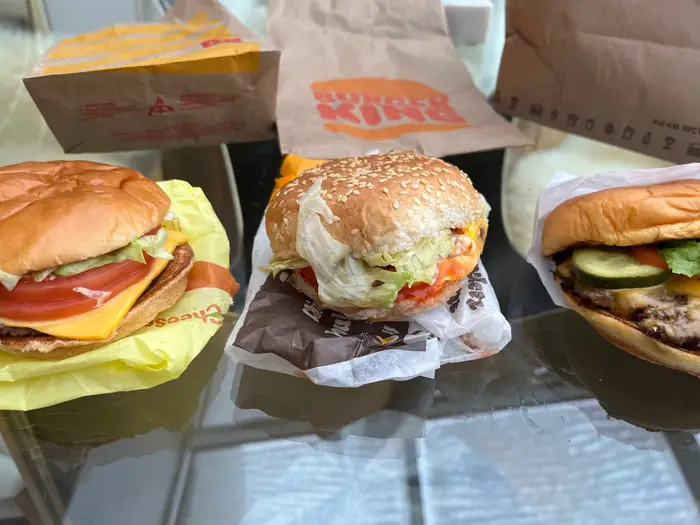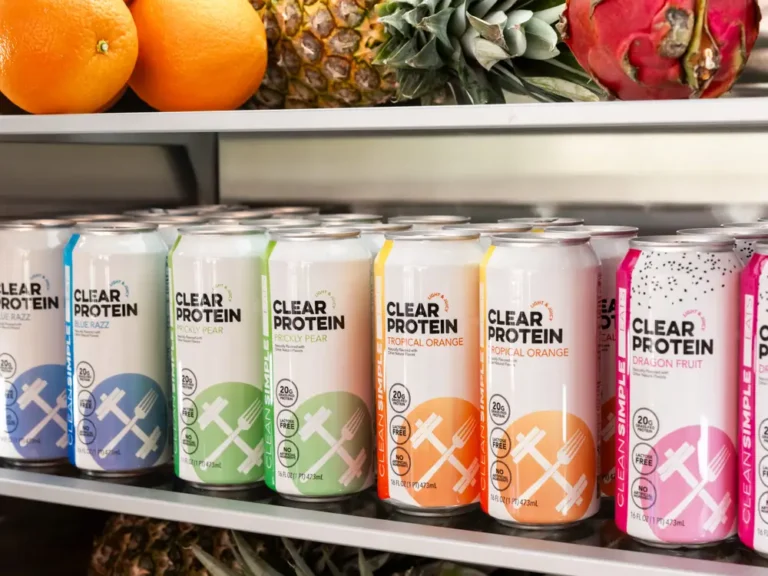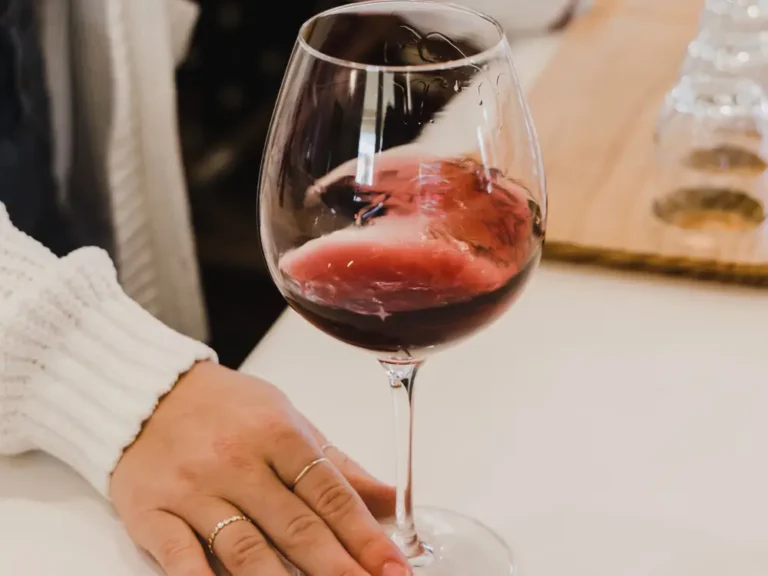The 7 things the rich are ordering at bars right now
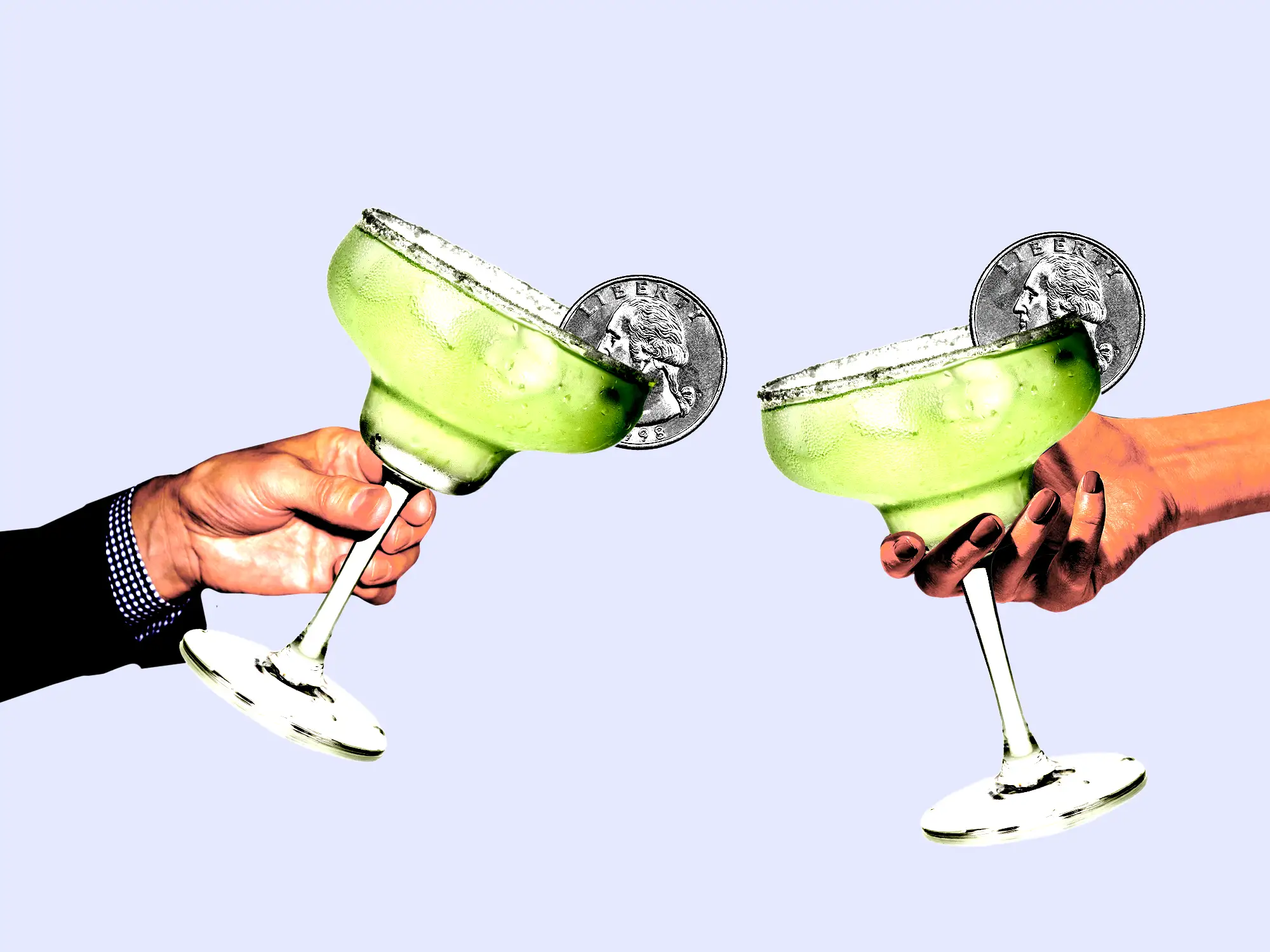
You may think cocktails have gotten pricey, but you’re probably not spending $400 on one drink.
Even though cocktail prices across the board have been on the rise, that hasn’t stopped specialty drinks — like $40 martinis — from becoming a new kind of status symbol.
But what are the wealthy drinking right now? It turns out what’s in their cups ranges from three-figure pours to mocktails with fresh herbs.
To peel back the curtain on how the other half lives, B-17 asked bartenders and beverage directors at high-end restaurants, bars, and catering companies which drinks the upper class is ordering right now.
Spirit-forward cocktails are extremely popular.
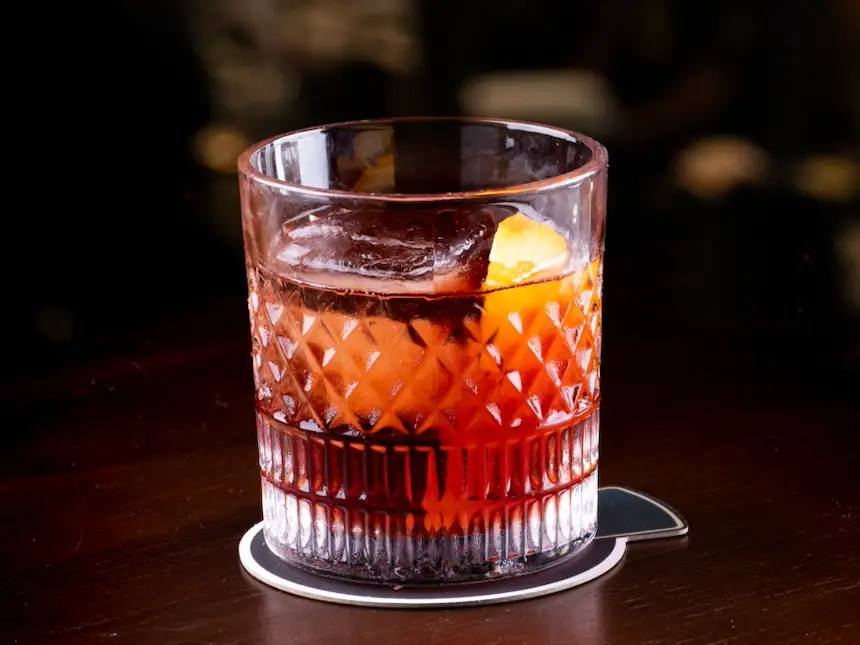
You can’t go wrong with a classic Negroni made with top-shelf gin.
Tyler Ledbetter, a bar manager for TH/RST Hospitality Group, told B-17 one of the major trends among its biggest spenders is spirit-forward cocktails.
Popular examples include old-fashioneds, martinis, and Negronis — but upgraded with higher-end spirits. Since they’re usually the stars of these drinks, quality matters.
“These spirits are a little pricier because they have so much flavor complexity, and in a spirit-forward cocktail, this taste comes through more so than a fruity cocktail like a margarita,” he said.
The bar manager highlighted Macallan single-malt Scotch, Blanton’s bourbon, and Don Julio 1942 tequila as spirits to watch.
Single pours are also more common than you may think.
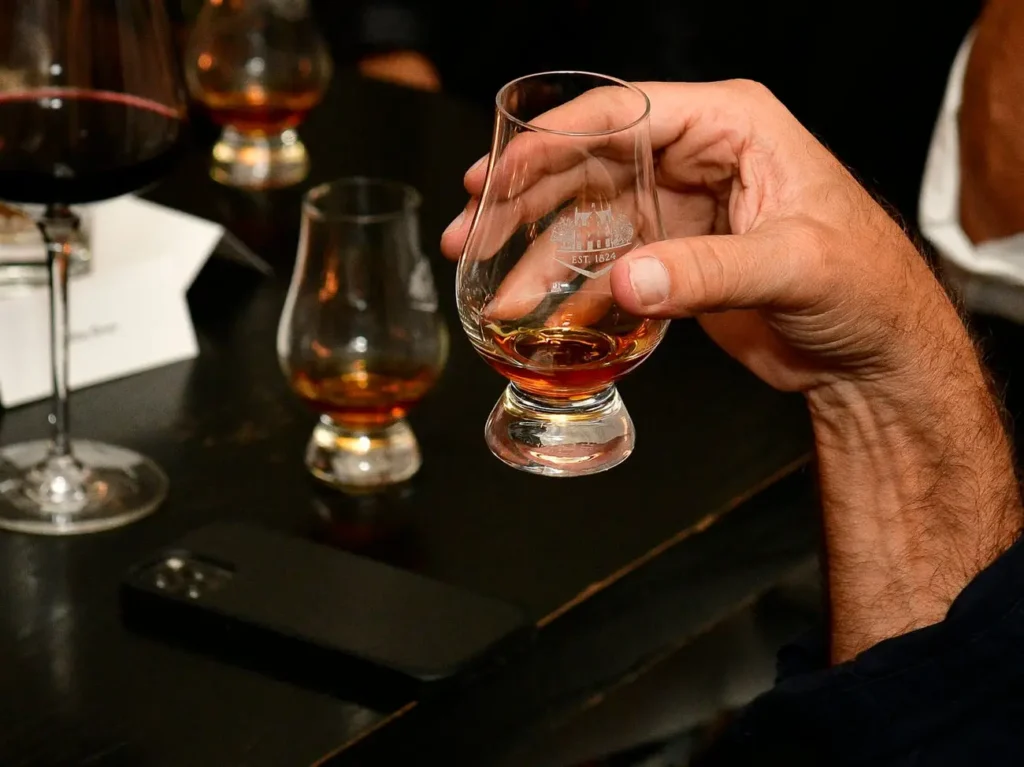
Some pours can cost hundreds of dollars.
Carlos Ruiz, a bartender and mixologist at Le Malt Imperiale, said many patrons at his private social dining club in New York City opt for single pours.
He told B-17 that Pappy Van Winkle 12-year bourbon and Macallan 25 are popular top-priced items that cost $200 and $400 a pour, respectively.
Espresso martinis are popular for a reason.
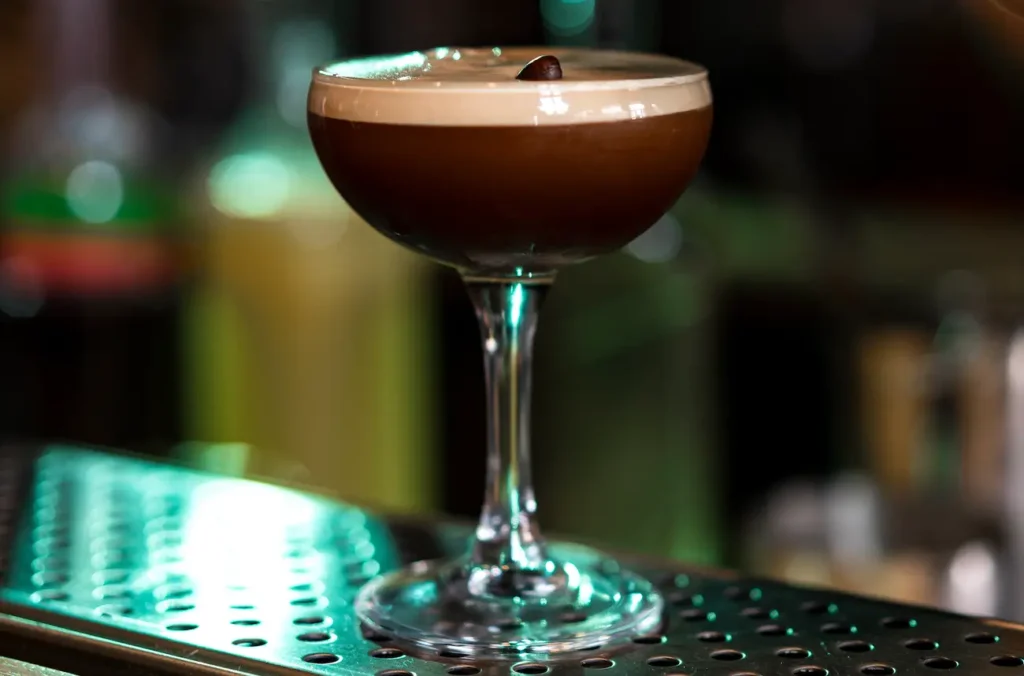
A classic espresso martini is an elegant cocktail for a night out.
Hailey Knight, the beverage director at Félix Cocktail et Cuisine, said espresso martinis have won and maintained their status as a trendy signature cocktail for affluent customers.
“Its adaptability to different settings and times of day adds to its appeal,” she told B-17. “The caffeine is also appealing in social settings to stay energized during evening events or after dinner.”
Classic cocktails with a luxury twist are becoming a fan favorite.
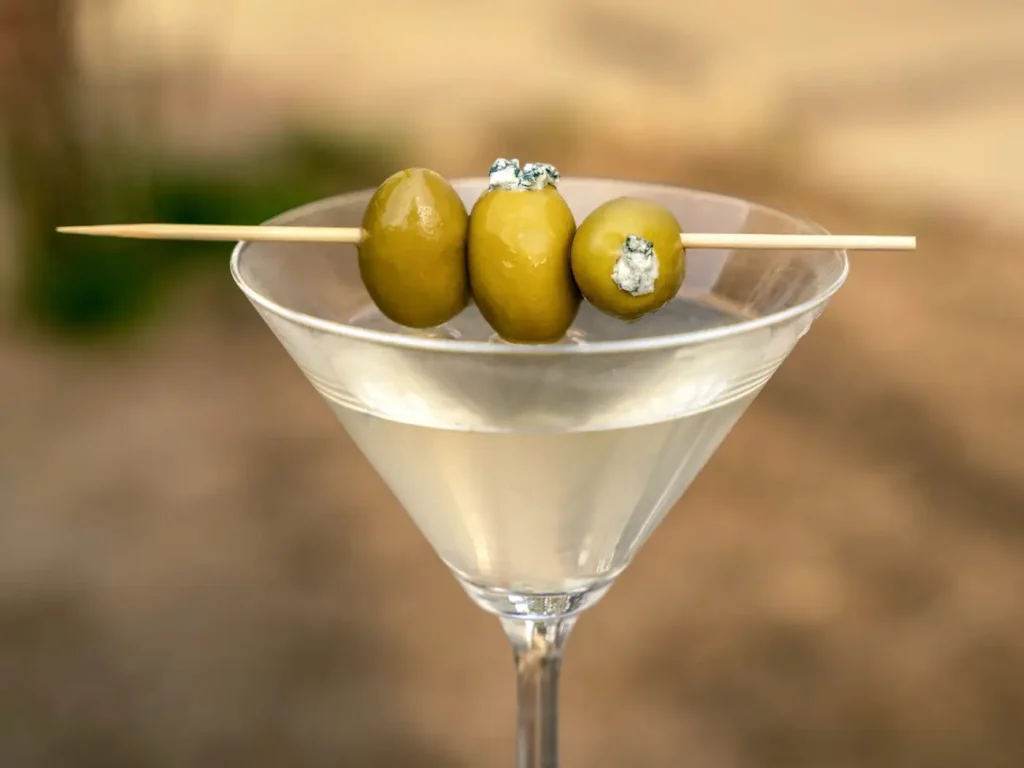
Stuffed olives can elevate a martini.
When it comes to cocktails, the elite may still gravitate toward classic bar staples — but with a luxurious twist.
Will Kriebel, the head bartender at Chelsea Living Room in NYC, said he serves plenty of dry martinis with blue-cheese-whipped olives. Some customers even splurge on a caviar-stuffed upgrade.
He said going out for drinks isn’t just an activity, it’s an experience — and people are looking to be impressed by new combinations.
Caviar has become a popular drink garnish — for those who can afford it.
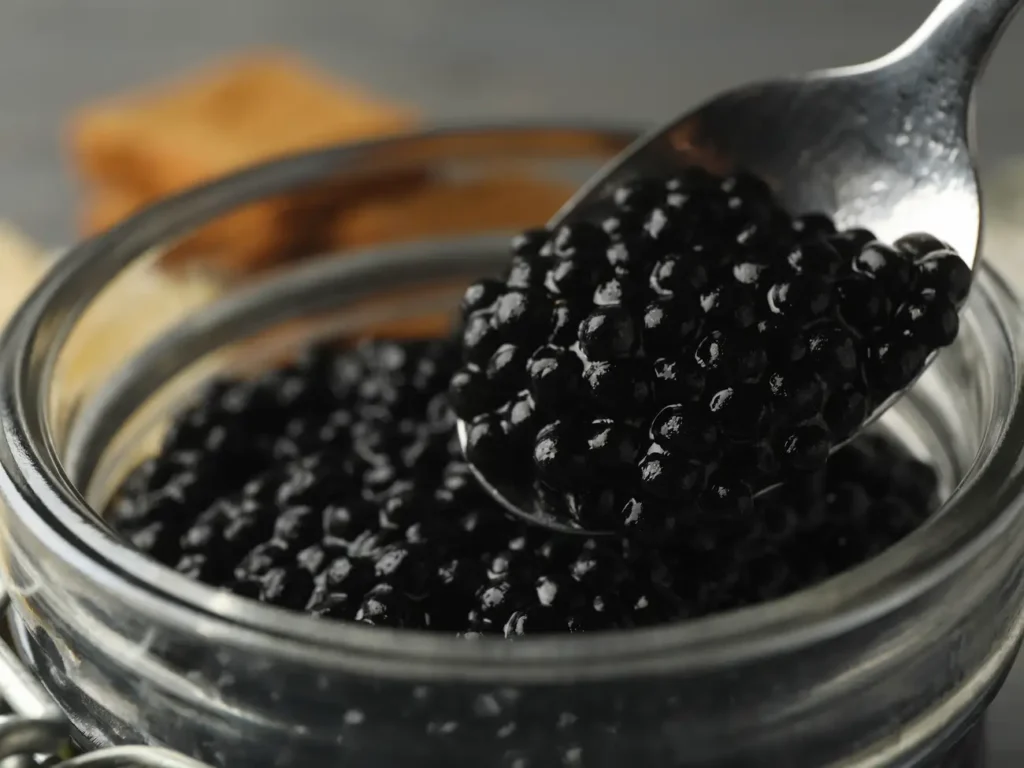
Champagne and caviar is already a classic combo, but mixologists are doing more with the delicacy.
Hector Maneiro, a bartender at Only Love Strangers in New York, told B-17 that caviar — yes, fish eggs — has become the ultimate cocktail garnish.
“For the wealthy, it’s a way to showcase their discerning taste and appreciation for the finer things in life,” he said. But it can also pair well with some types of alcohol.
“We use classic Ossetra caviar for our martini because of its delicate, nutty flavor and buttery texture, which complements the clean flavors of gin or vodka perfectly,” Maneiro told B-17.
A quality, 1-ounce tin of Ossetra caviar typically costs at least $100. But when the bar is shouldering the up-front cost and using it as a drink garnish, customers can enjoy the delicacy for a fraction of the price.
Drinks with quality, locally sourced ingredients are highly sought after.
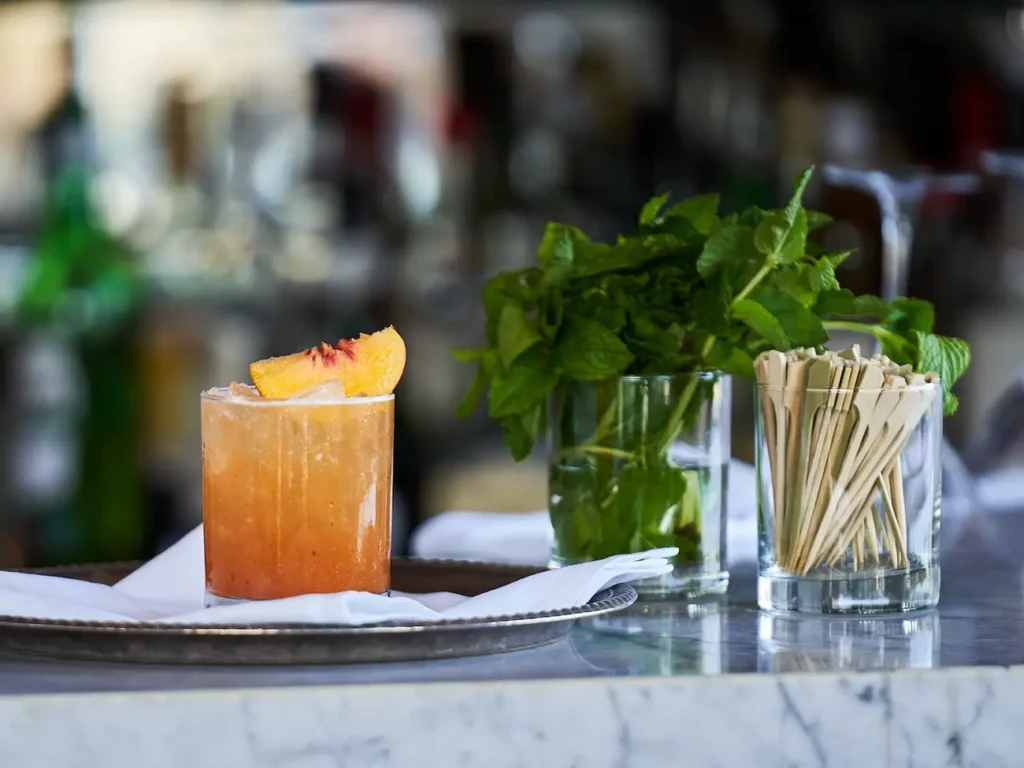
Farm-to-table cocktail bars may be on the rise.
Nancy Parragué Barclay, a partner and vice president of client relations at Paula LeDuc Fine Catering & Events, said she’s had more high-profile clients requesting farm-to-table drinks incorporating fresh herbs and locally sourced ingredients.
“Incorporating seasonal ingredients offers fresher, more distinctive flavors compared to mass-produced alternatives, making this a more artisanal experience,” she told B-17.
Parragué Barclay said this movement toward local, fresh ingredients is part of a larger trend and generational shift. Gen Z, sometimes referred to as the Sustainable Generation, has demanded more attention for environmental concerns in recent years — and that stretches into the beverage industry.
Choosing cocktails made with local ingredients can help reduce carbon emissions since they don’t have to be shipped as far.
Low-ABV cocktails are also on the rise.
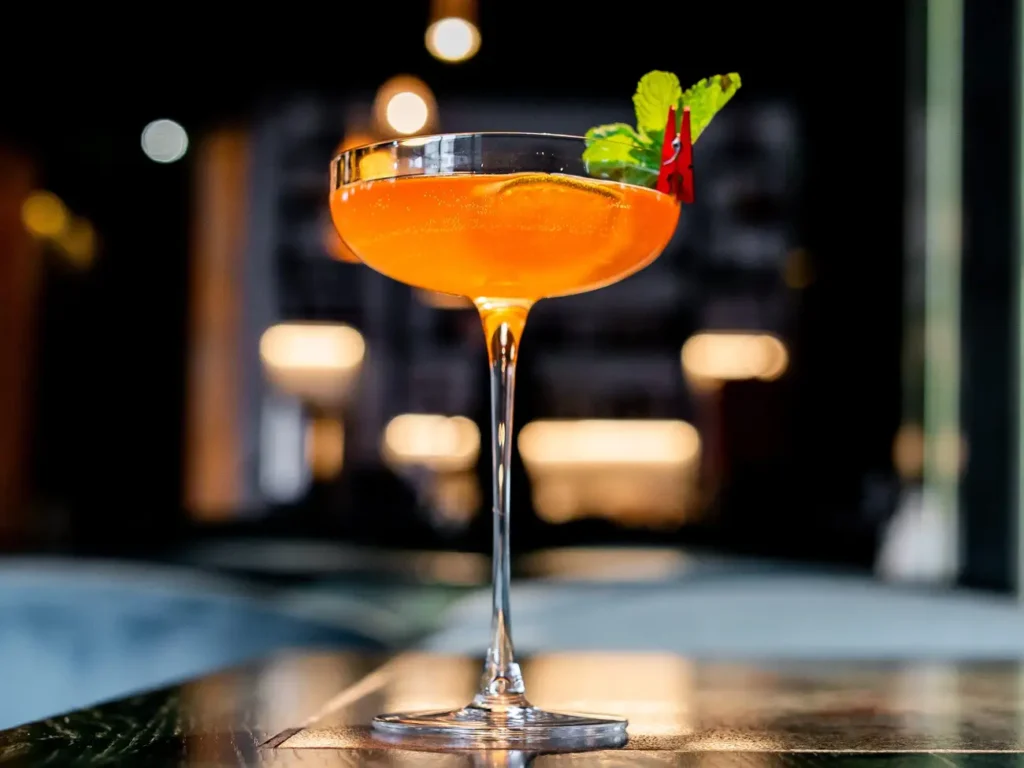
Most cocktail bars now serve fancy mocktails.
Frankie Gabriel, the director of restaurants for TH/RST Hospitality Group’s Sweetbriar in the Park South Hotel, told B-17 that mocktails and drinks with lower alcohol content have been a steady trend among their customers in the past few years.
They’re popular for those trying to gradually go completely alcohol-free and individuals who just want a lighter aperitif, like Le Moné.
“Drinking an aromatic spritz in the sunshine has taken the place of a scotch and cigar in a basement,” he told B-17.
Ledbetter said many of his customers have been particularly interested in Hugo spritzes with St-Germain elderflower liqueur, muddled mint, and prosecco or Limoncello spritzes with the Italian lemon liqueur and prosecco.

